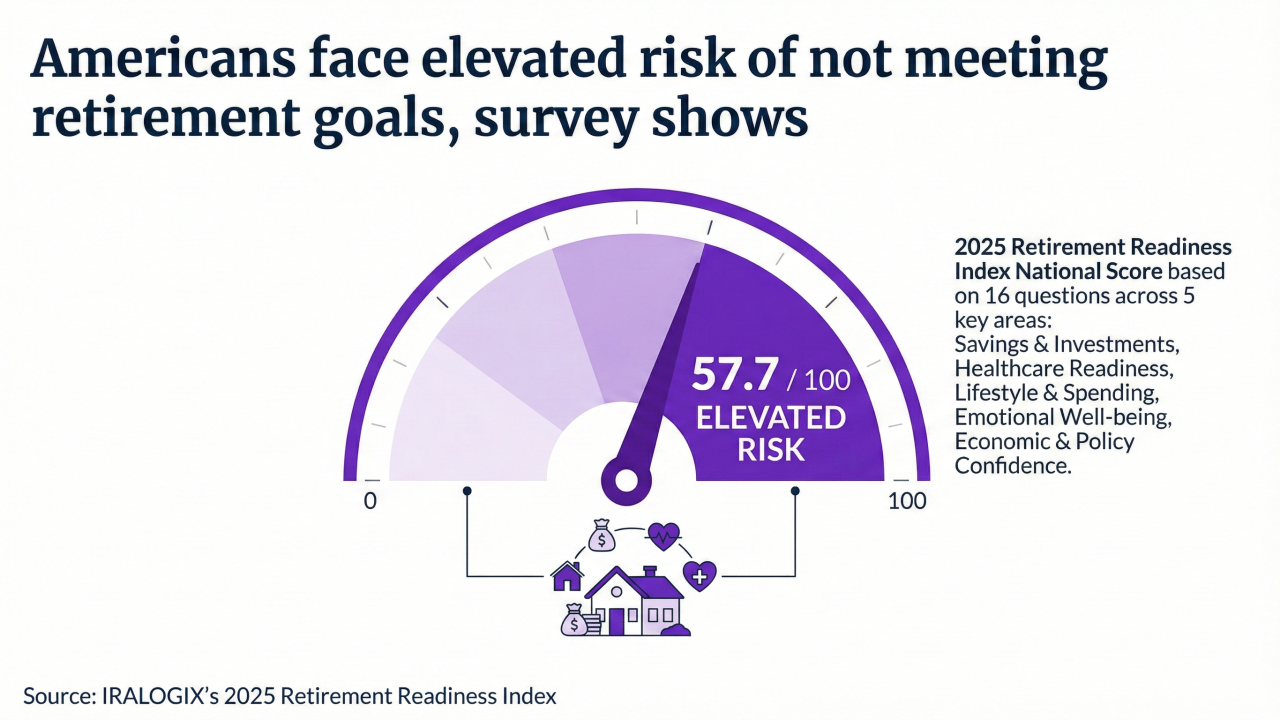An ancient idea is becoming a contemporary cure for the high cost of health care in the United States and barriers to access elsewhere: medical tourism, also known as, global health care, whereby patients seek health services overseas. It started with the Greeks during antiquity but now multiple nationalities, including many Americans, are combining health care with pleasure, especially those who recuperate in sunny climes.
The rise in worldwide care also has been aided greatly by the number of hospitals in foreign countries that have been accredited by the Joint Commission International, which uses the same criteria that are applied to U.S. institutions. Nearly 500 facilities around the world have been awarded JCI accreditation and that number is growing by about 20 percent year. Other, U.S.-based organizations that have accredited foreign providers are shown below. Thus, patients and their sponsors can be confident that the quality of care they receive at these validated facilities in foreign countries is at least equal to care provided domestically.
Employers, especially those who self-fund their health care benefits, are attracted to medical tourism because this option enables them to (1) save them money on lower prices abroad, (2) provide employees (and/or dependents) with the chance to visit an international venue, and (3), in some cases, put cash into their health savings accounts.
Josef Woodman, author of what is considered the bible on medical tourism,
The data support Woodmans assessment: Based on several sources, an estimated $40 billion was spent worldwide on medical tourism, based on approximately 8 million cross-border patients who spent an average of $4,000 per visit, including all medically-related costs, cross-border and local transport, inpatient stay and accommodations. About 1 million of those patients were Americans, according to the Centers for Disease Control and Health Promotion.
The worldwide medical tourism market is growing at a rate of about 20 percent, with rates highest in North, Southeast and South Asia. Outside the US, the most heavily visited destinations for medical tourism are Costa Rica, India, Korea, Malaysia, Mexico, Singapore, Taiwan, Thailand, and Turkey, with other countries gaining in popularity.
Savings in the countries listed above for selected procedures can be substantial.
Heres what PBB found:
Brazil: 25-40% (cosmetic surgery)
Costa Rica: 40-65% (dentistry and cosmetic surgery)
India: 65-90% (orthopedics, cardiology)
Korea: 30-45% (neurology and spine work)
Malaysia: 65-80% (orthopedics, cardiology, health screenings)
Mexico: 40-65% (dentistry, cosmetic surgery, bariatrics)
Singapore: 25-40% (cardiology, oncology, orthopedics)
Taiwan: 40-55% (nephrology, pulmonology)
Thailand: 50-70% (orthopedics, cardiology, neurology and spine)
Turkey: 50-65% (dentistry, cosmetic surgery, orthopedics, oncology)
It also should be noted that arranging for care overseas can be challenging, because of the research involved in selecting the right providers for given conditions and the time including the time differences - involved in arranging for travel and lodging, etc. As a result, an intermediate industry comprising facilitators has surfaced, which can be of great assistance.
However, because medical facilitation is a nascent industry and remains unregulated, potential customers are advised to conduct due diligence when contracting for medical tourism services. Consulting with other employers who have had experience with facilitators is a good first step.
One leading facilitator is
Rao also notes that, although cost is often the initial consideration for American clients, quality of care and patient satisfaction result are mostly responsible for repeat utilization and referrals. One of the reasons for this, says Rao, is that recovery time from global health care is often shorter than that in the U.S. due to the attentive post-operative service of network providers. This enables employees to return to work sooner and healthier. Rao also points out that IndUS Health has its own staff of nurses and other health care professionals who help to coordinate the international health experience. For this reason, Rao prefers to call InDUS a global healthcare manager.
According to a 2011 Aon Hewitts Health Care Survey, 30 of 1,000 polled employers had a medical tourism in place. Among the employers and insurers which have benefited from global healthcare are:
- Hannaford Brothers, a supermarket chain based in Maine, which began paying the entire medical bill for employees to travel to Singapore for hip and knee replacements, including travel for the patient and companion.
Blue Shield of California, that began the United States' first cross border health plan. Patients in California can travel to one of the three certified hospitals in Mexico for treatment under California Blue Shield. - Companion Global Healthcare (a subsidiary of BlueCross BlueShield of South Carolina), which teamed up with hospitals in Thailand, Singapore, Turkey, Ireland, Costa Rica and India.
- Berner Food & Beverage Company in Dakota, Ill., which, in addition to waiving the $1,500 individual deductible in its consumer-driven health plan, enables employees who use the benefit to earn up to $1,000 in wellness credits, according to Anita Boska, Berners human resource manager.
- City of Myrtle Beach HR director S.C. Michael Shelton practices what he preaches (or uses what he offers), since he had a surgical procedure performed in Thailand.
But perhaps the biggest booster of global health care is HSM Solutions, whose headquarters are in Hickory, N.C. HSM is a global provider of products and services to the transportation, furniture, bedding and other markets. As of the end of 2013, Tim Isenhower, director of benefits at HSM, had arranged for 250 employees and/or dependents to travel overseas for medical care and realized enough savings over $9 million -- to enable HSM to cover the cost of travel and lodging. The employee also gets a bonus check to use however they wish.
Also helping the cause is the
The Affordable Care Act is another motivator for utilizing the medical tourism option. ACA was designed primarily to make health care more accessible and less costly by helping more Americans obtain appropriate levels of health insurance. But, of course, no health insurance pays for all of the cost of care; in fact, high-deductible plans are being selected because of their lower premiums but with corresponding high out-of-pocket costs a selection that is encouraged by the ACA.
It should be noted that there are several deterrents for opting for medical tourism, although they seem to be subsiding:
(1) Lack of recourse to malpractice suits, since compensation would be difficult to obtain as a non-citizen. But given the lower rate of medical mistakes cited above, the probability that such action would be necessary is greatly reduced.
(2) Union resistance. But as satisfied customers continue to increase, organized labors objection should diminish, especially workers covered by health and welfare trusts.
(3) Opposition by U.S. hospital administrators and physicians. However, this can be countered by pointing out that some of the worlds leading experts in surgical procedures are often foreign-born and foreign-operating doctors, but many of whom are educated in U.S. schools.
All things considered, the outlook for medical tourism remains positive, primarily because of growing consumer acceptance and favorable tax treatment. For examples, a Deloitte poll conducted several years ago found that two out of five consumers said that they would travel outside the country to obtain care if it was both safe and at least half the price charged in the U.S. Plus, in 2012, the Internal Revenue Service confirmed that travel costs associated with access to lower-priced medically necessary healthcare are still permitted as eligible expenses, benefiting domestic and international health travel patients with fully-funded HSAs.
Thus, despite some lingering uneasiness and under-utilization, medical tourism has the potential to appeal to a sizeable part of the population and is predicted to grow significantly in the near future. Moreover, global health care may very well prompt domestic doctors and hospitals to compete more aggressively on price and amenities, thereby lowering costs and enhancing the health care experience.
Ozga is president of Medical Business Exchange, a consulting firm based in Vienna, Va. He can be reached at jpozga@verizon.net.





